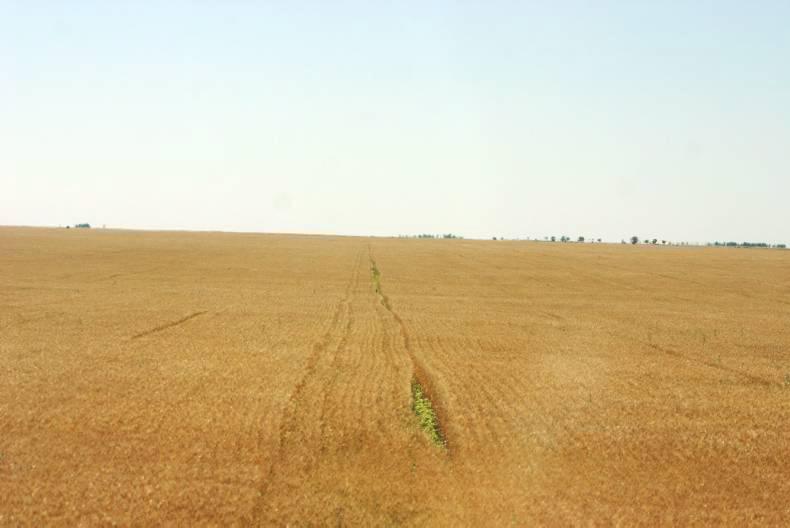Reports from Brussels indicate that Ukraine is poised to lift its BSE import ban on EU beef. However, getting a common EU certificate agreed is proving more difficult.
Sources in Brussels have indicated that the Ukrainian State Veterinary and Phytosanitary Service decided to lift the BSE-related ban on EU beef imports at the end of December. However, formal notification had not been received by the EU on Friday last. It is understood the decision had immediate effect, with the ban lifted on imports from all EU member states.
As demonstrated by the Chinese announcement this time last year, this is only the beginning of the approval process. There will not be a single EU certificate, which means the veterinary authorities of member states interested in exporting to Ukraine will have to agree bilateral certification. Meat Industry Ireland (MII) has taken the view that “every opening is welcomed but we are back to the point of real access”.
Meat consumption
Ukraine is long associated with being a major grain producing region in the world. According to an FAO report, Ukrainian meat consumption in 2010 was 48kg per person annually, of which half was poultry and 9.1kg beef.
Ukraine was not a traditional market for Ireland before the BSE ban and is unlikely to be a significant volume market in the short to medium term, even if veterinary certification is agreed. Yet according to Meat Industry Ireland (MII), the country could offer an alternative for offal and fat from both beef and pigs as there is a major surplus of these in the EU at present.
Also, announcements like this are always a positive for the European and Irish beef industries as they reflect an increasing return to normality in international markets.
Read more
Podcast: exporting beef to America may not be as straightforward as it seems
Food becomes weapon in Russia v Ukraine dispute
Mark Goodman interview: Market opportunities in China
Reports from Brussels indicate that Ukraine is poised to lift its BSE import ban on EU beef. However, getting a common EU certificate agreed is proving more difficult.
Sources in Brussels have indicated that the Ukrainian State Veterinary and Phytosanitary Service decided to lift the BSE-related ban on EU beef imports at the end of December. However, formal notification had not been received by the EU on Friday last. It is understood the decision had immediate effect, with the ban lifted on imports from all EU member states.
As demonstrated by the Chinese announcement this time last year, this is only the beginning of the approval process. There will not be a single EU certificate, which means the veterinary authorities of member states interested in exporting to Ukraine will have to agree bilateral certification. Meat Industry Ireland (MII) has taken the view that “every opening is welcomed but we are back to the point of real access”.
Meat consumption
Ukraine is long associated with being a major grain producing region in the world. According to an FAO report, Ukrainian meat consumption in 2010 was 48kg per person annually, of which half was poultry and 9.1kg beef.
Ukraine was not a traditional market for Ireland before the BSE ban and is unlikely to be a significant volume market in the short to medium term, even if veterinary certification is agreed. Yet according to Meat Industry Ireland (MII), the country could offer an alternative for offal and fat from both beef and pigs as there is a major surplus of these in the EU at present.
Also, announcements like this are always a positive for the European and Irish beef industries as they reflect an increasing return to normality in international markets.
Read more
Podcast: exporting beef to America may not be as straightforward as it seems
Food becomes weapon in Russia v Ukraine dispute
Mark Goodman interview: Market opportunities in China









SHARING OPTIONS